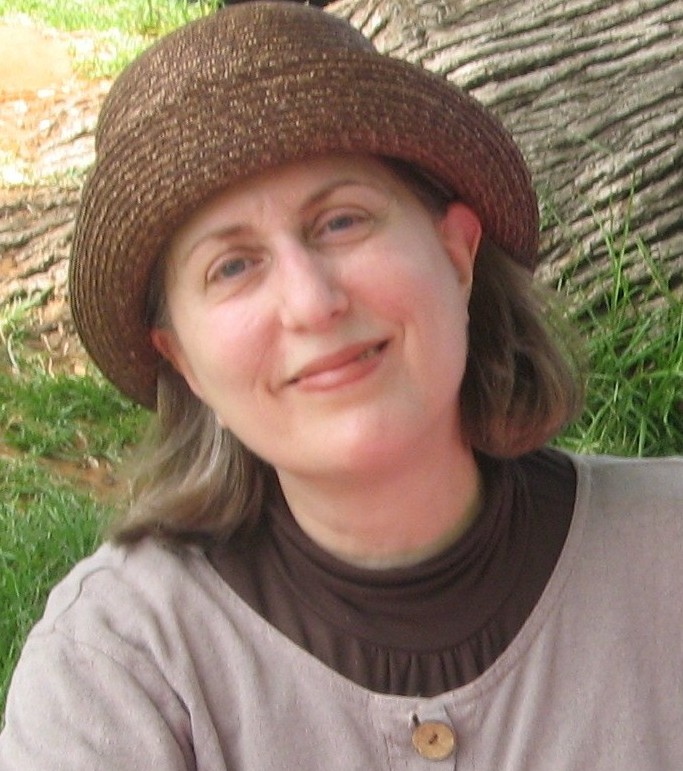
Photo: Shutterstock
S ari Roth isn’t shy. The CEO and cofounder of Bontact a multichannel online customer support platform for businesses has no problem pitching her company to potential investors. But when she was first making the rounds of the high-tech investment circuit the modestly dressed mother of seven kept coming up against a brick wall.
“People told me that the product was amazing and I was a smart girl” Sari recalls. “But then they said ‘I’m not going to invest in your company. You’re not part of my community. You’re not in my network. Are you going to answer e-mails on Shabbos? Are you going to come to events? I don’t know you. You’re a stranger and I’m afraid of it.’ ”
“Sari wasn’t part of the ecosystem” comments Zika Abzuk senior manager of business development at Cisco Israel and an advisor to KamaTech a program that supports the integration of chareidim into the high-tech industry. “Israeli society and that includes the high-tech industry is very closed. You have to go to the army and if you’re in one of the technological units like 8200 you fit in. If you’re not part of the mold then it’s ‘we don’t like you.’ ”
That attitude is exactly what Zika would like to change. And the seasoned high-tech executive sees a role model in Sari Roth — who eventually did find an investor — for other chareidim who have a great idea but are clueless when it comes to breaking into the inner circle of successful high-tech entrepreneurs and big investors. How did these two women who live in such different ecosystems even come to meet let alone become partners in a mission to change the high-tech world?
Insider Outsider
On the surface Zika Abzuk is the ultimate Israeli insider. She grew up in Tel Aviv graduated from Tel Aviv University with a degree in mathematics and works in Israel’s fabled high-tech industry. In 2012 the Marker magazine ranked her as number 37 on its list of Israel’s 100 most influential people. But an experience from earlier in her life she says gave her insight into what it means to be an outsider.

“My husband Adam studied psychiatry and he did his residency in psychiatry at Yale University ” Zika explains. “We moved to New Haven. I got a good job there and life was comfortable for us and our three kids. But at the same time I was a foreigner and that made me more aware of what it means to be part of a minority. When we returned to Israel I saw how difficult it was for the minorities who weren’t from the middle of the road. That was painful to see and I felt like I had to do something about it.”


